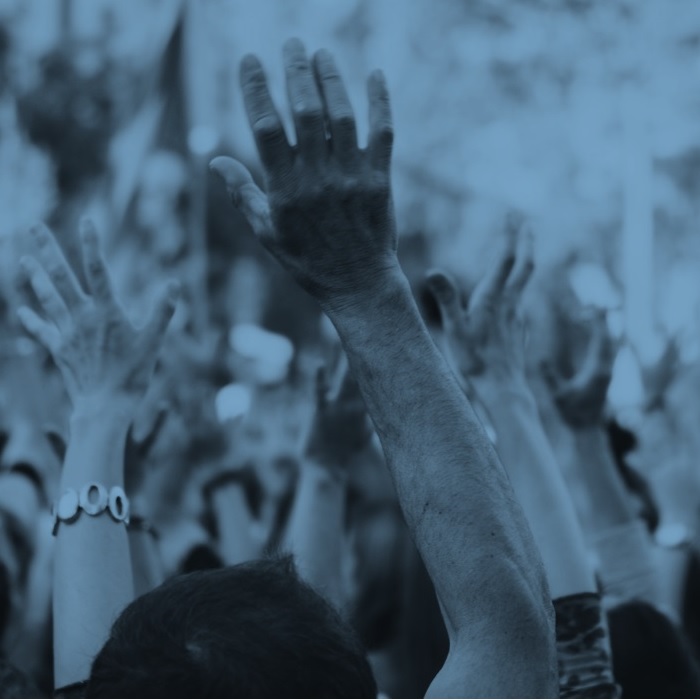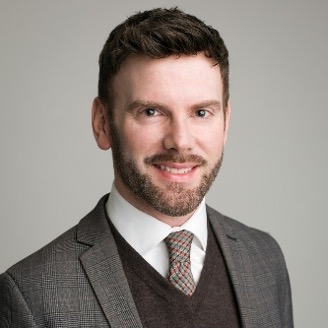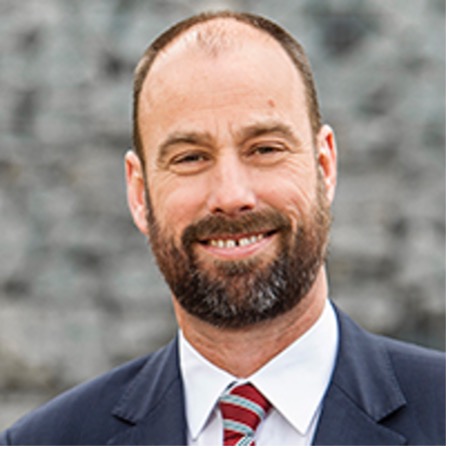Renewing democracy:
A foundational process for sustainable development
Melbourne School of Government

The transparent management of resources, social participation, political representation and the protection of human rights are fundamental aspects of sustainable development and key aims of the United Nations’ Sustainable Development Goals. Democratic processes that enable strong and resilient institutions, peace and justice are important, if not essential elements of holistic sustainable development.
The Melbourne School of Government (MSoG) has a range of programs and resources that build the capacity of local and national leaders to create peace, justice and strong institutions.
How can we reinvigorate democracy as a foundation of sustainable development?
The Renewing Democracy theme focuses on the future of democracy, governance and citizen engagement in a hyper-connected world. Researchers and students examine the challenges facing democracy in Australia, the wider Asia-Pacific region and beyond. Such challenges include disengaged voters, technological threats, authoritarian populism, and how democratic systems, as a foundation of sustainable development, might be re-thought and reinvigorated.
A database to support accountability and transparency at all levels
The Democratic Decay & Renewal Database (DEM-DEC) was founded in 2018 and is supported by a range of leading academic and policy organisations worldwide. It is a global online resource over 2000 carefully curated on the deterioration and re-thinking of democratic rule worldwide.
Through curated, collaborative, and user-generated content – including research, experts, events and databases, a concept index, teaching materials, and campaigns – DEM-DEC provides resources for building effective, accountable and transparent institutions at all levels. DEM-DEC also now includes material for assisting leaders, analysts, policymakers and the public understand how the COVID-19 pandemic is affecting democratic governance.
Talking across continents
In November 2020, MSoG co-hosted a virtual global roundtable of the International Association of Constitutional Law; 'Democracy 2020: Assessing Constitutional Decay, Breakdown and Renewal'.

Organised as a series of 9 inter-connected webinars, it featured 50 speakers from five continents for an inclusive global ‘stock-take’ that mapped the health and trajectory of key democracies world-wide.
Innovation in regulation methods
The Regulation and Design program within MSoG explores innovation in the methods, tools and enforcement of regulation, with a focus on how regulators can ensure that emerging technology contributes to equitable and sustainable development.
One such project provides the first comprehensive scholarly evaluation of the Fair Work Ombudsman, responsible for the enforcement of working conditions relating to pay, reasonable working hours and leave, amongst other regulatory functions.
Another looks at ‘social procurement’, when organisations use their purchasing power to ‘carrotmob’ (preferentially support) the suppliers that create more socially beneficial outcomes, like job-creation for disadvantaged people, stimulation of local industries, and encouraging environmental sustainability.
Governing during crises
Governing During Crises is a new research theme that develops an understanding of governance in the face of diverse and major setbacks to sustainable development, like the recent bushfires, the COVID-19 pandemic and climate change. The theme showcases work on governance and regulation in response to the broad range of crises affecting Australia by connecting relevant activities under our existing themes.
MSoG also engages directly with government, for example through the McKinnon Prize in Political Leadership: which recognises two outstanding politicians who have demonstrated exceptional political leadership.
It also engages directly with government via events like the recent conversation Federal Senate President Scott Ryan: Is a Virtual Parliament Desirable and Workable?’, a bilateral forum on ‘The Future of Electoral Democracy in India and Australia (20 August 2019) and submissions to the Senate Inquiry into Nationhood, National Identity and Democracy (2019 and 2020).
Aligning with the SDGs
The research undertaken by MSoG contributes directly to the achievement of SDG 16; Peace, Justice and Strong Institutions, by enabling international leaders to reduce corruption and bribery, to develop effective, accountable and transparent institutions at all levels, to broaden and strengthen the participation of developing countries in global governance and to help ensure public access to information, thus protecting fundamental freedoms.
Researchers

